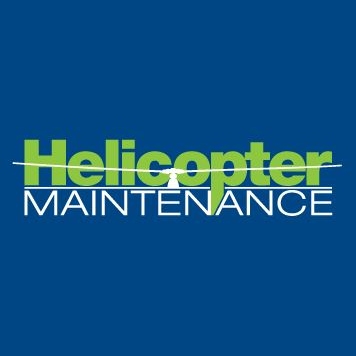
Global Offshore Helicopter Industry to Collaborate on ‘Root and Branch’ Review of Safety Across the System

 HeliOffshore chief executive officer, Gretchen Haskins, describes how recent helicopter tragedies have strengthened the industry’s resolve to enhance the safety of offshore helicopter operations.
HeliOffshore chief executive officer, Gretchen Haskins, describes how recent helicopter tragedies have strengthened the industry’s resolve to enhance the safety of offshore helicopter operations.
“We owe it to those who lost loved ones in Norway – and in other accidents – to do everything to continue our collaboration and deliver safety breakthroughs,” says Haskins.
“Our aim is that no lives are lost due to offshore helicopter transport. Agreements at this conference – and work already underway to share information and expertise across the industry – will help to achieve that,” she continues.
Bill Chiles, chairman of the HeliOffshore board, describes the commitment of HeliOffshore members to do yet more to ensure safe operations worldwide. “Members have adopted a plan to undertake a fundamental review that will enhance the reliability and resilience of the offshore fleet and the systems that support it – both human and machine,” says Chiles.
The review will be done in partnership with aircraft manufacturers, offshore operators, the oil and gas industry, regulators, and organizations in the supply chain to the offshore helicopter industry.
At the conference delegates also agreed to accelerate implementation of enhanced terrain awareness and warning systems (HTAWS) in the offshore fleet by the end of 2017. HTAWS provide visual and aural advisories to help keep aircraft safely separated from hazardous terrain.
“With time-bound commitments made across the industry, we will make a difference to safety at the frontline and protect the lives of the crews and offshore workers who travel by helicopter every day,” says Haskins.
According to Haskins, increasing information sharing is a priority for HeliOffshore. “We are focused on improving the reliability and resilience of systems, increasing operational effectiveness and ensuring that the right safety enablers are in place,” she says. “Those enablers include sharing safety expertise industry-wide, so that all of those who work within and rely on offshore flight are benefiting from our best knowledge.”
Such global collaboration has led to two helicopter manufacturers publishing flight-crew operations manuals, HeliOffshore creating a best practice for health and usage monitoring systems (HUMS), and an eye-tracking research program to enhance performance of crews in the cockpit.
Despite the slowdown in demand for offshore helicopter services, both membership within HeliOffshore and attendance at its conference are up. The organization launched with five founding members in October 2014; today it has 88 members participating in collaboration to enhance safety.
